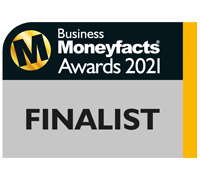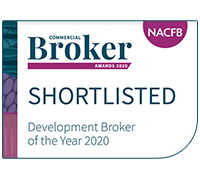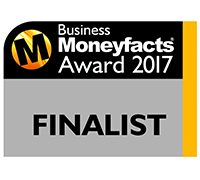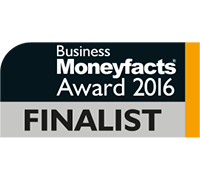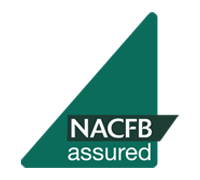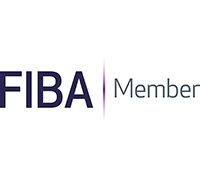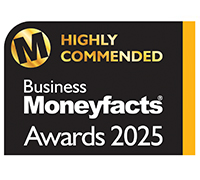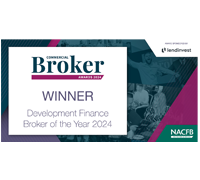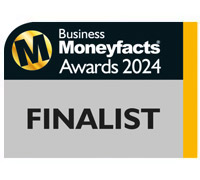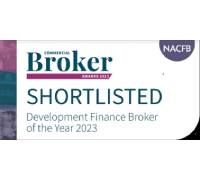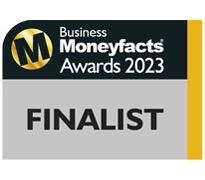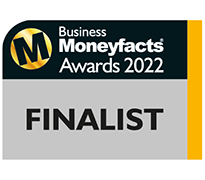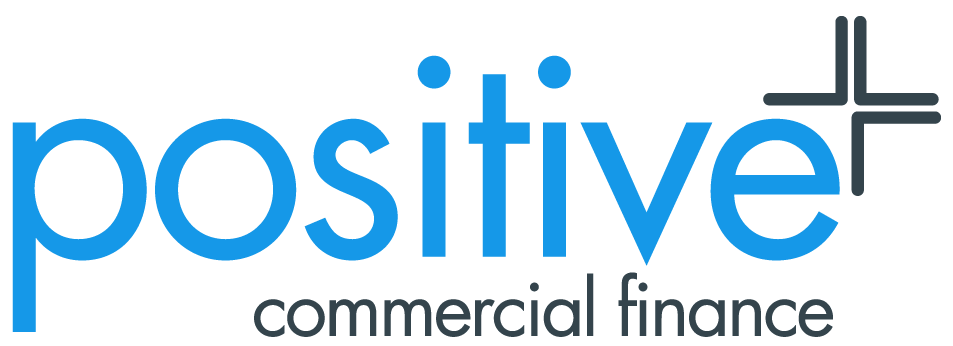Apply Online
Commercial Mortgage Calculator
Get quick and accurate results in an instant with our commercial mortgage calculator. Find out how much you can borrow, your interest rates and more.
Commercial Mortgage Calculator
How to use a commercial mortgage calculator
Keeping track of your finances can be difficult when you’re working on a new project, which is why our commercial mortgage calculator breaks down exactly how much you can borrow from a commercial lender.
To find out how much you’ll need to repay and your interest rates, you simply need to fill in some key details into the boxes in our calculator. The information you’ll need before you get started includes:
- Loan amount: This figure is the net loan amount required — the amount you receive before any fees or interest is applied to the loan.
- Term (years): The length of time, in years, that you have to repay your loan.
- Interest rate: This is the interest rate charged for taking out the commercial mortgage. This will be calculated as a monthly rate.
Once you’ve entered all your details, you’ll see a breakdown of how much interest you’ll be charged each month as well as a repayment figure, indicating the total interest and capital you’ll need to pay back by the end of your loan term.
How much can I borrow?
As commercial properties come in a range of different shapes and sizes, the amount of money you need to borrow can differ greatly from one project to the next. This is why at Positive Commercial Finance, we provide commercial mortgages that span the market. When applying for a commercial mortgage, you can borrow funding from anywhere between £25,000 to £50 million.
Commercial mortgage Interest rates
Unlike many residential mortgages, the interest rates for commercial mortgages aren’t usually based solely on Loan to Value (LTV). Instead, your interest rates for a commercial mortgage will be decided based on the following factors:
- Credit history of the business — Lenders will factor in the credit history of the business itself, as well as the company’s directors and business owners.
- Debt level — If your business has high levels of debt, it will affect the rate of your mortgage and could even put off commercial lenders from investing.
- How profitable the business is — If your business can show steady profits and growth, lenders will look at your company more favourably. If your profits are in decline, however, you’re less likely to be accepted for a commercial mortgage.
- How long the business has been trading — Established companies with years of experience are seen as a safer option than those who are just starting out. This means interest rates could be higher for new businesses to counteract the risk factor.
- Personal Guarantees (PGs) — Having a personal guarantee available can positively affect the interest rate and terms of a loan. Lenders will often look unfavourably on business owners or directors that are unwilling to offer even a limited guarantee.
- The size of the loan — Generally speaking, larger loans receive lower interest rates. This is because lenders typically offer higher interest to smaller loans to cover the cost of running the account to help the lender make a profit.
How much deposit do I need for a commercial mortgage?
The amount of deposit you need to provide to secure a loan can differ from lender to lender. In most cases, however, you’ll be expected to secure a minimum of a 25% deposit. It would be wise to provide as large a deposit as you can comfortably afford, as borrowing with a lower Loan-to-Value (LTV) will give you access to much better rates.
Product Types
Quick Enquiry
